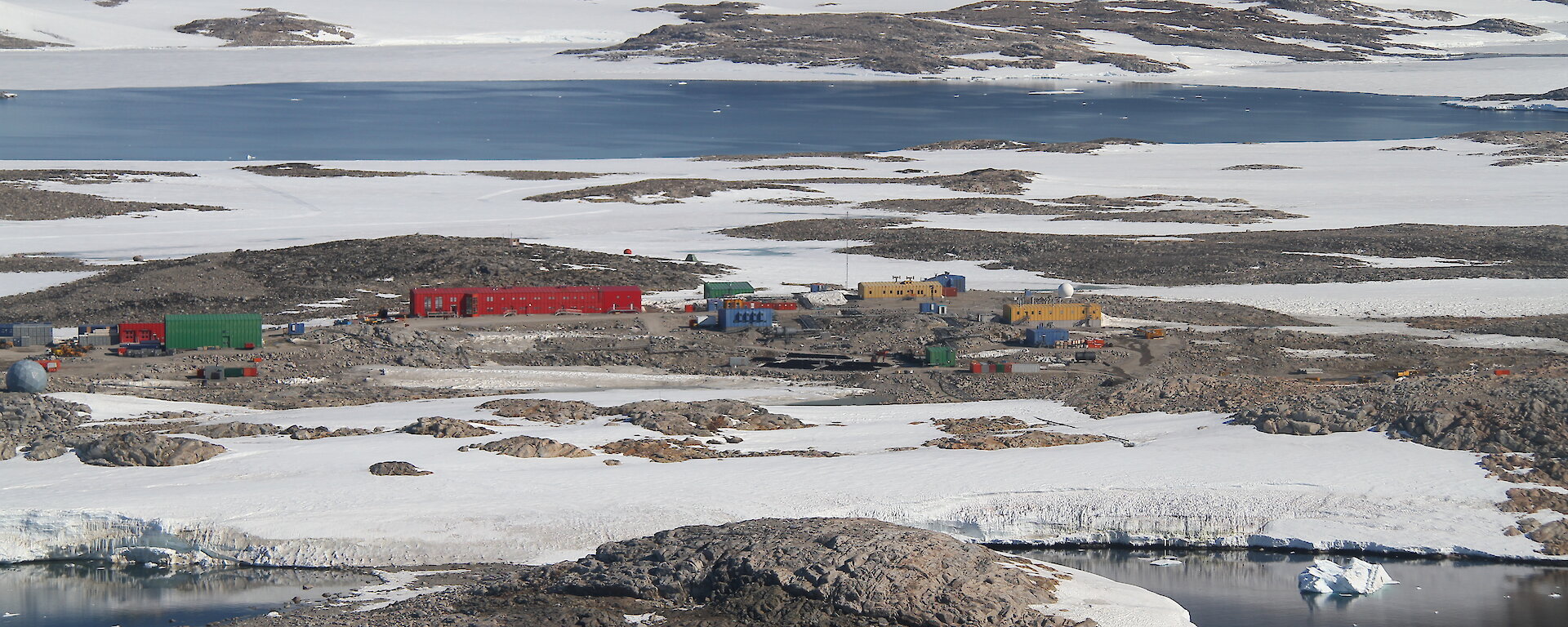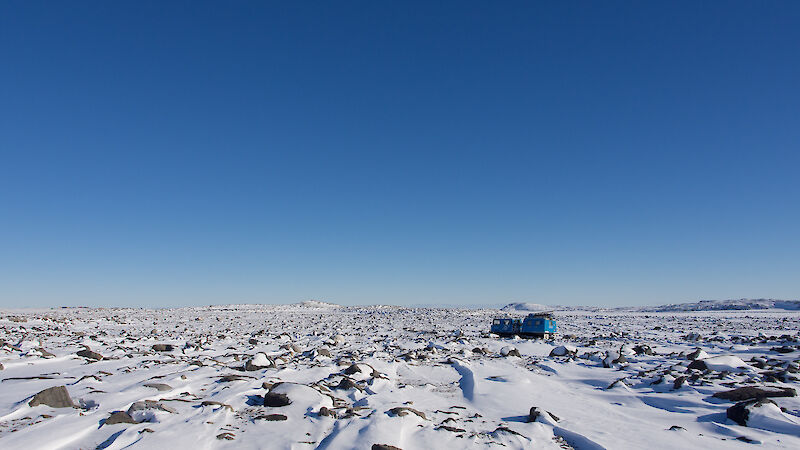Microorganisms survive in frozen, nutrient-poor Antarctic soils by scavenging trace gases from the atmosphere for energy and cell growth, according to new research published today in the journal Nature.
The finding suggests that if atmospheric gases can support life on Earth, they could support life on other planets.
With the support of the Australian Antarctic Program, the research team, led by the University of New South Wales (UNSW), used genetic and biochemical techniques to show that many Antarctic soil microbes use atmospheric hydrogen, carbon dioxide and carbon monoxide to survive.
Senior author of the research, UNSW Associate Professor Belinda Ferrari, said that until now, it was unclear how Antarctic soil microbes survived with limited water and soil carbon (for growth and reproduction) and no or limited ability to produce energy from the sun.
“We found that Antarctic microbes have evolved mechanisms to live on air instead, and they can get most of the energy and carbon they need by scavenging trace atmospheric gases, including hydrogen and carbon monoxide,” Associate Professor Ferrari said.
Soil samples were collected from Robinson Ridge near Casey research station, and Adams Flat, about 240 kilometres from Davis research station. The team then analysed the community structure and the presence and activity of genes that confer the ability to use trace gases for energy.
They found the dominant species in the soils had genes that gave them a high affinity for hydrogen and carbon monoxide, allowing them to remove the trace gases from the air at a high enough rate to sustain their predicted energy needs and support growth.
“This new understanding about how life can still exist in physically extreme and nutrient-starved environments like Antarctica opens up the possibility of atmospheric gases supporting life on other planets,” Associate Professor Ferrari said.
Further research is needed to see if the use of atmospheric gases as an alternative energy source is more widespread in Antarctica and elsewhere.



